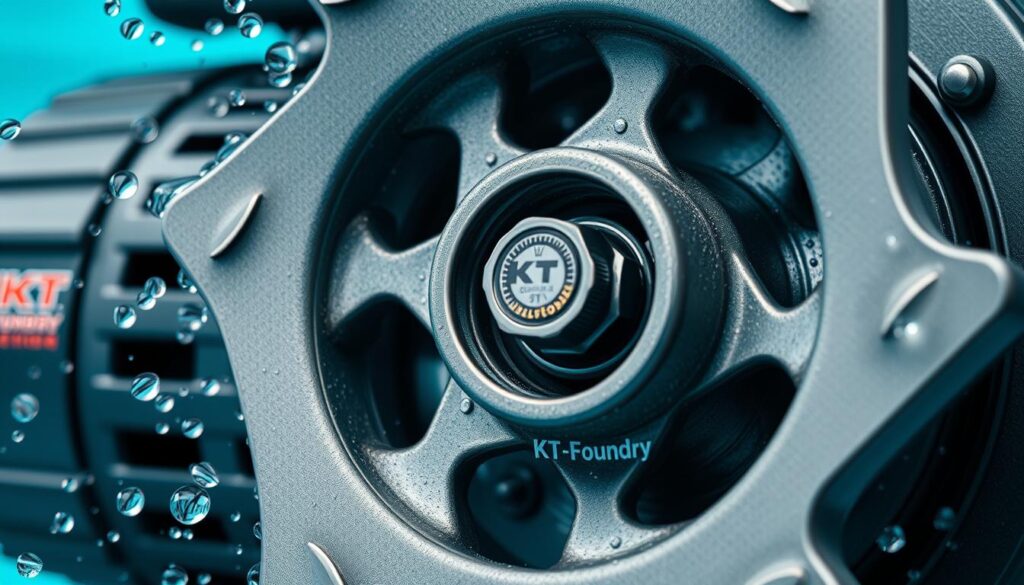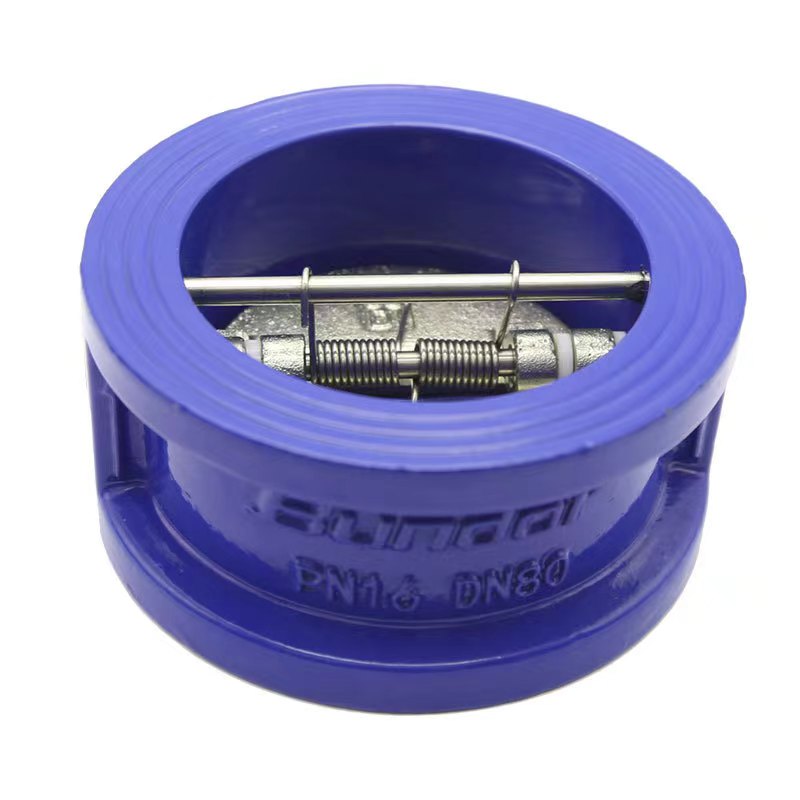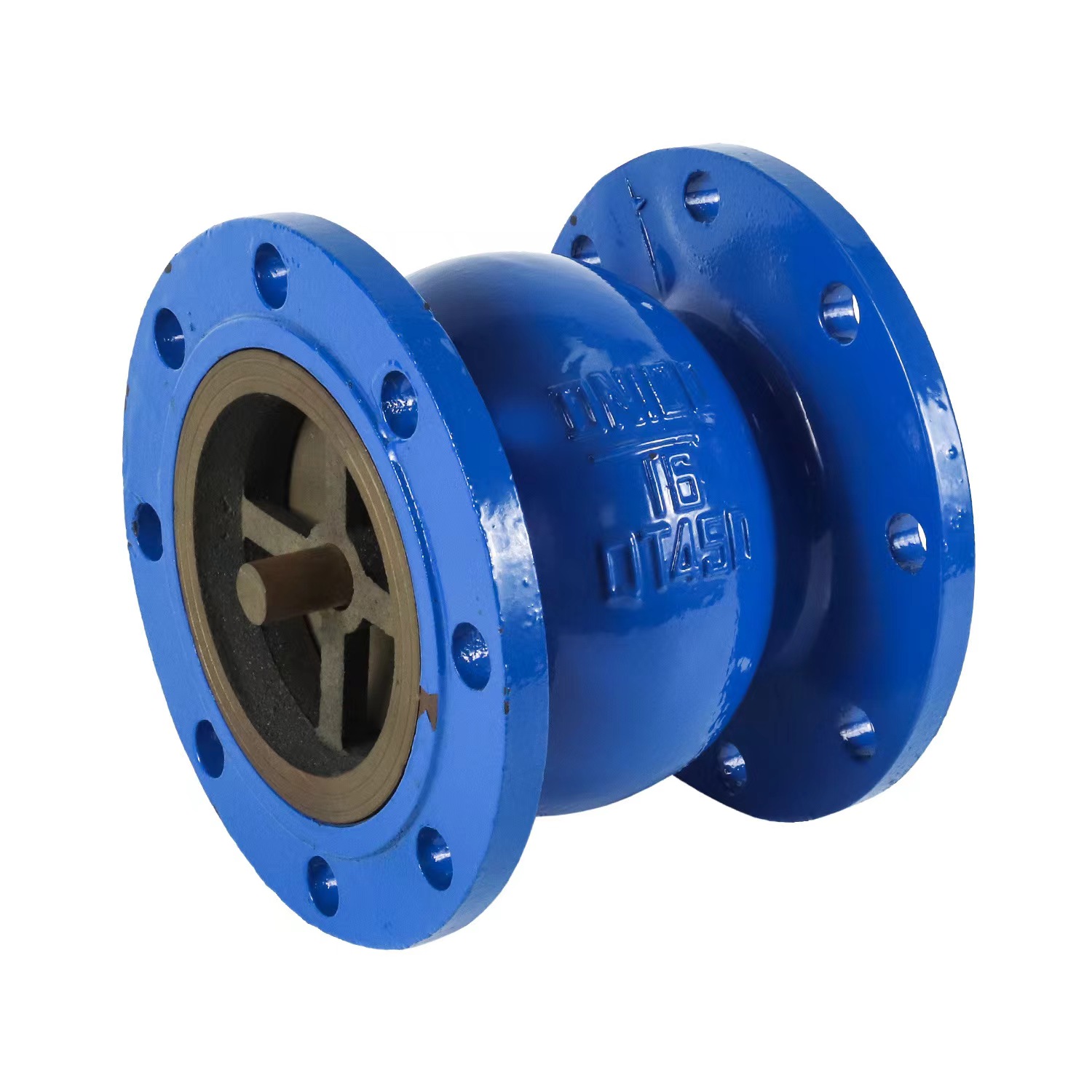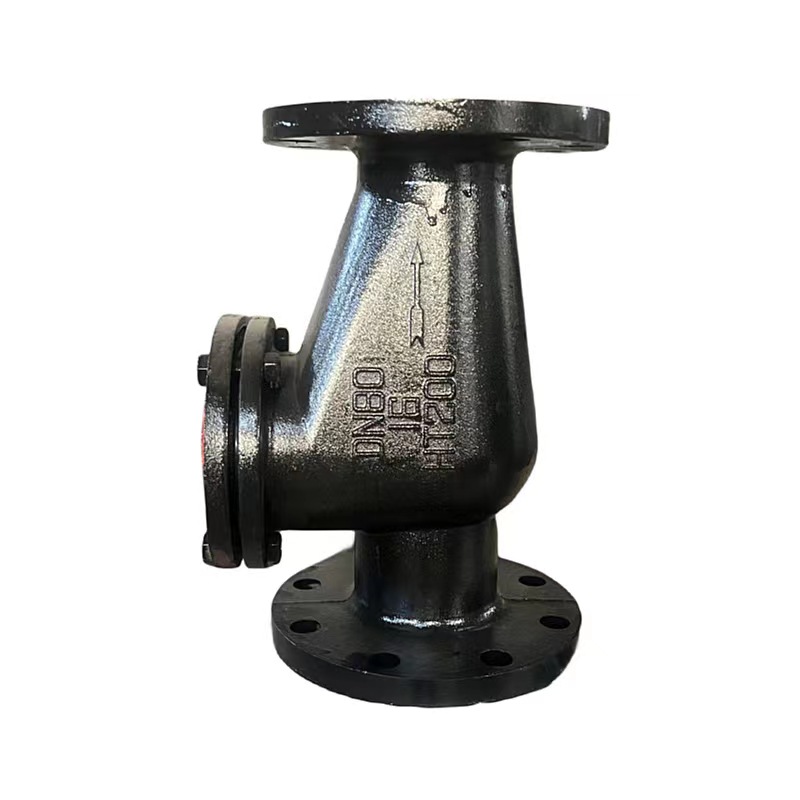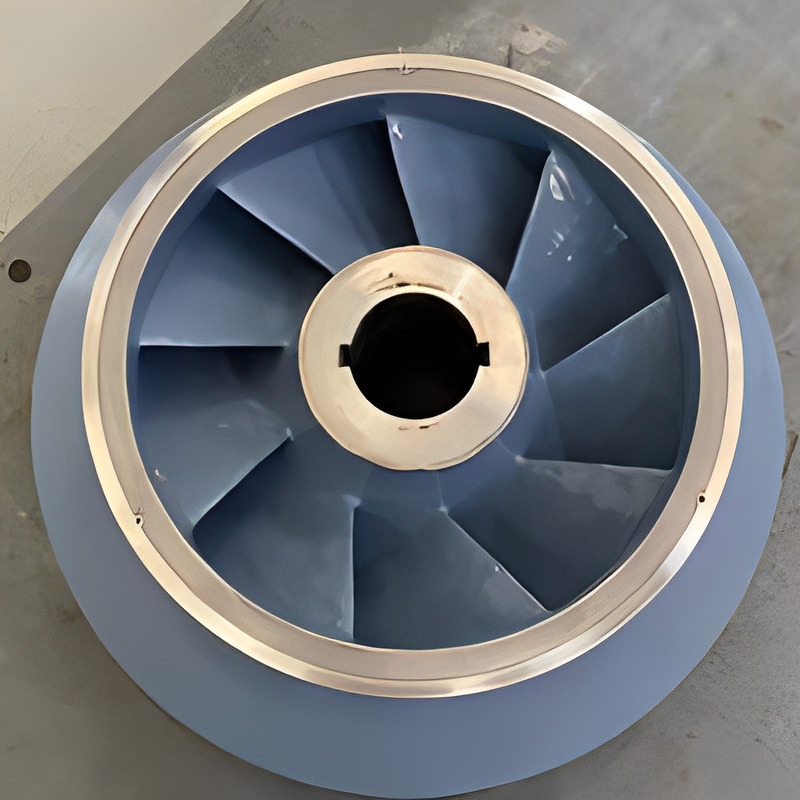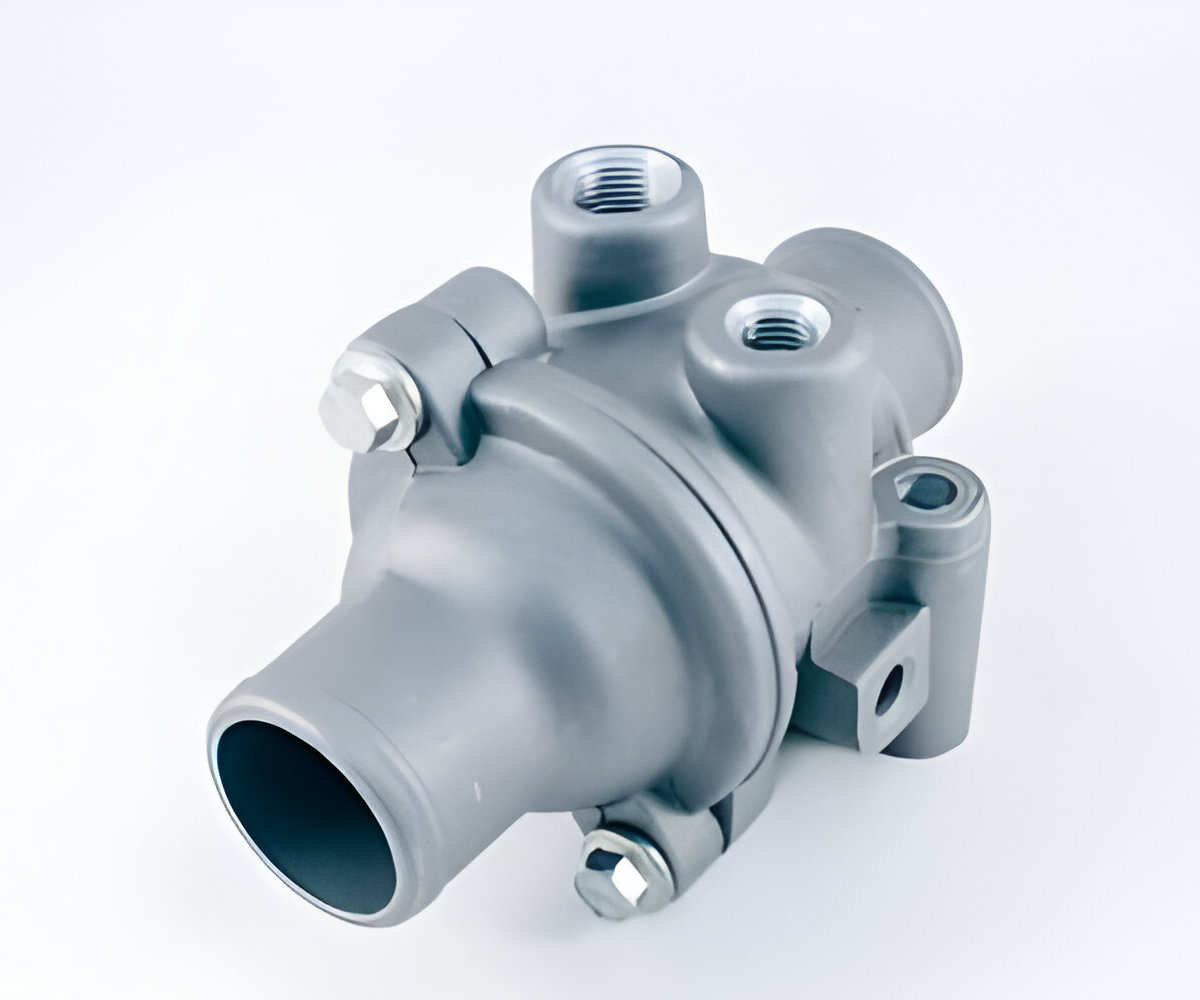Keeping your pool pump impeller clean is key to clear, clean pool water. This guide will show you how to clean and care for your impeller. This way, it will work better and last longer.
The impeller is the heart of your pool system. It pushes water through filters and keeps the water moving. But, it can get clogged with debris over time. This makes it work less well and can harm the water quality.
It's important to check and maintain your impeller regularly. This stops problems like less water flow, poor filtration, and damage to the pump.
Key Takeaways
- Pool pump impellers are the heart of the pool filtration system, responsible for water circulation and debris removal.
- Regular maintenance of the pool pump impeller is essential to ensure optimal performance and water quality.
- Proper cleaning techniques can help prevent clogging and extend the lifespan of the pool pump impeller.
- Proactive maintenance, including periodic inspection, lubrication, and water chemistry management, can help maintain peak pump performance.
- Using a robotic pool cleaner can assist in reducing the frequency of manual impeller cleaning and maintenance.
Demystifying Pool Pump Impellers: The Heart of Your Pool System
The pool pump impeller is a key part of your pool system. It moves water through the filter, keeping your pool water clean. It's important to check and maintain the impeller to avoid problems like slow water flow and pump damage.
The Role of Pool Pump Impellers
The pool pump impeller is the heart of your pool's circulation system. It works hard to draw water, push it through the filter, and then return it to the pool. This cycle is key for keeping the water clean by removing dirt and chemicals.
Importance of Regular Maintenance
Over time, the impeller can get clogged with debris. This can cause problems like slow water flow and poor filtration. Regular cleaning is vital to keep your pool equipment working well.
By keeping up with impeller maintenance, you can make your pool pump last longer. This means you'll have a clean, well-circulated pool all season. A well-maintained impeller is essential for a healthy pool.
"A properly functioning pool pump impeller is the heart of your pool's circulatory system, ensuring optimal water quality and equipment longevity."
Step-by-Step Cleaning Process for Pool Pump Impellers
Keeping your pool pump impeller clean is key to a well-functioning pool system. A thorough cleaning ensures your pool pump impeller, pool filter impeller, and other swimming pool equipment work efficiently. Here's a step-by-step guide to clean and maintain your pool motor impeller.
- Safely Shut Off the Pool Pump: Start by turning off your pool pump and disconnecting it from power. This keeps you safe while you work on it.
- Access and Inspect the Impeller Assembly: Remove the pump housing or cover to get to the impeller. Look for debris, leaves, or blockages that might be slowing it down.
- Gently Remove Debris and Buildup: Use a soft brush or cloth to gently remove dirt, grime, or buildup from the impeller blades and around them. This helps the pool pump move water better.
- Thoroughly Clean the Impeller Blades: Make sure the impeller blades are spotless, removing any dirt or debris that could affect the pool motor impeller's rotation.
- Reassemble and Test: Put everything back together, ensuring the impeller is in the right spot and secure. Then, test the pump to check if it's working right.
By following these steps, you can keep your inground pool parts, intex pool pump, hayward pool pump, pentair pool pump, and other pool pump replacement parts in top shape. This ensures your pool system runs smoothly all season.
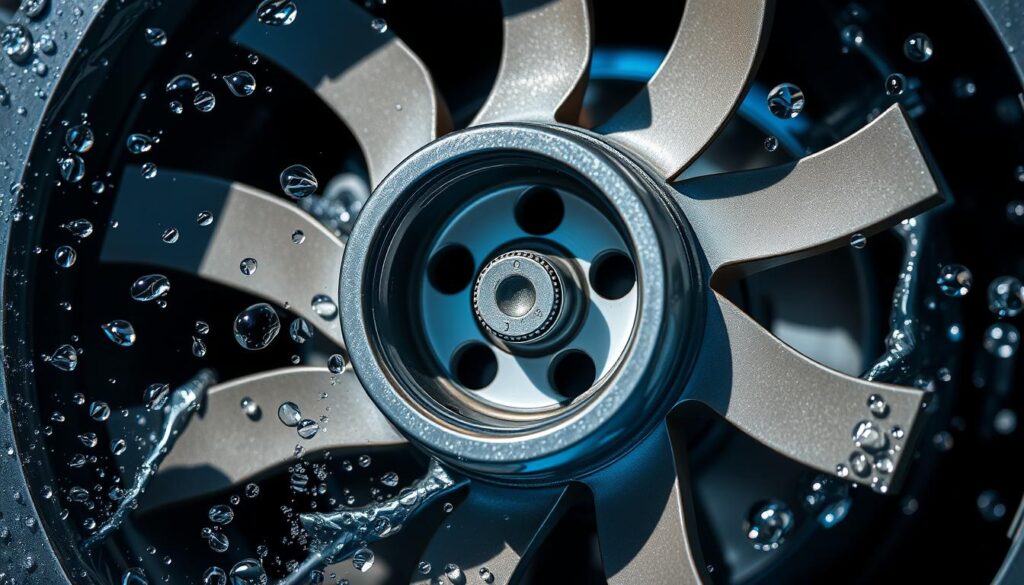
"Keeping your pool pump impeller clean and well-maintained is the key to a healthy, sparkling pool all season long."
Proactive Maintenance Tips for Peak Pump Performance
Keeping your pool pump in top shape is key for a great pool system. Cleaning the impeller regularly is just the start. There are many steps you can take to make your pool pump work better and last longer.
Periodic Inspection
Check the pool pump impeller often for wear, corrosion, or damage. Fixing problems quickly helps keep the pump running well.
Lubrication and Care
Use the right lubricant on the impeller bearings or shafts, as the maker suggests. This keeps things running smoothly and helps your pump last longer.
Water Chemistry Management
It's important to keep the water chemistry right to avoid scale or corrosion. Balanced water helps keep the impeller and other parts in good shape.
Using a Robotic Pool Cleaner
Adding a robotic pool cleaner, like Beatbot, to your routine can help a lot. It keeps the impeller clean and prevents big debris from getting in. This makes your pool healthier and easier to maintain.
By taking these steps, your pool pump will run at its best. This means less need for repairs and a longer life for your pool equipment.
Conclusion
By using cleaning techniques and maintenance strategies, we can make our pool pump work better. This ensures the water keeps flowing smoothly, making our pool look great. It's important to pay attention to details, maintain regularly, and take care of the impeller well.
Understanding the importance of pool pump impellers helps us take better care of them. This way, we can have a clean and refreshing pool for everyone. Using a robotic pool cleaner can also help us check the impeller more often and make pool care easier.
Regular checks, lubrication, and managing water chemistry are crucial for our pool pump's long life. By being proactive with impeller care, we can have a worry-free pool for many years.
FAQ
What is the role of the pool pump impeller?
The pool pump impeller is key to every pool system. It pushes water through filters and keeps water moving well.
Why is regular maintenance of the pool pump impeller important?
Keeping the impeller in good shape is vital. It stops problems like slow water flow and poor filtration. It also prevents damage to the pump.
How can I effectively clean and maintain my pool pump impeller?
To clean and maintain your impeller well, do these steps: 1) Turn off the pump safely. 2) Check and access the impeller. 3) Remove any dirt and buildup. 4) Clean the blades thoroughly. 5) Put everything back together and test the pump.
What additional maintenance practices can optimize my pool pump's performance?
To make your pump work better, try these extra steps: 1) Check it often. 2) Lubricate and care for it. 3) Manage water chemistry right. 4) Use a robotic pool cleaner.

